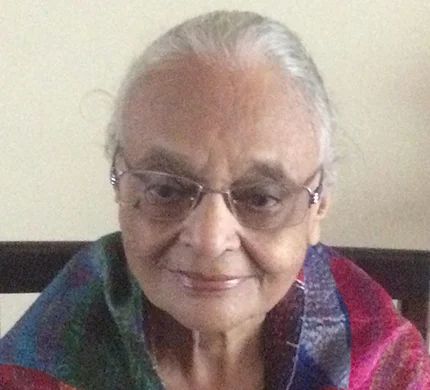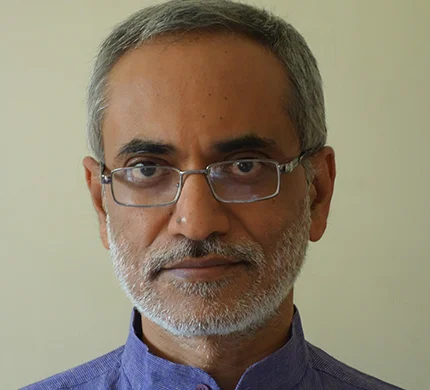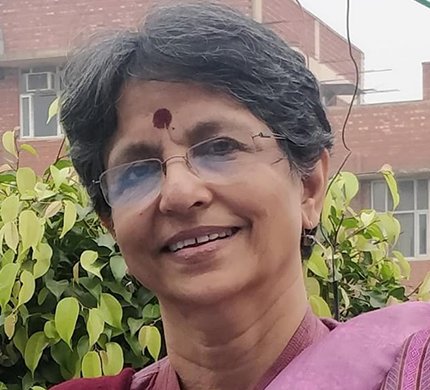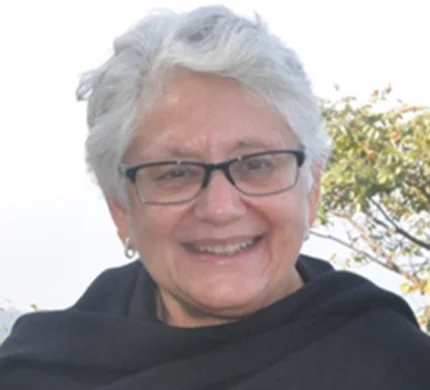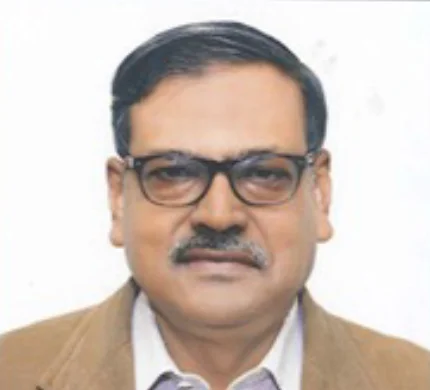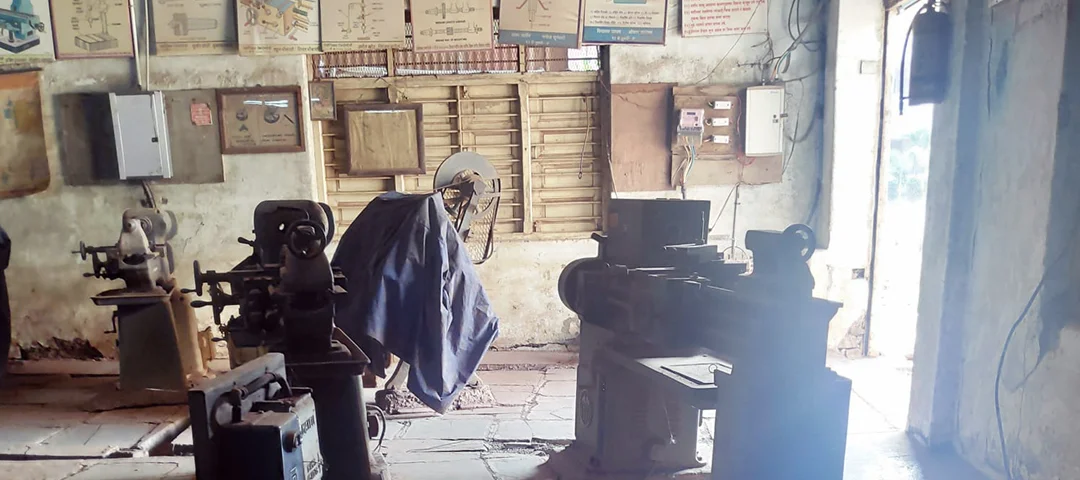
Our research and action-led engagements primarily focus on the ways in which students in smaller towns move between education and employment. We document the shifting landscapes of education and skills in the south western town of Sangli, Maharashtra, which over the last few decades has witnessed numerous shifts. The transitions in agriculture and in small and medium industries are at the heart of the changes in Sangli. Taking the term ‘transitions’ seriously, we hope to understand how education and work intersect. The proposed research is guided by questions around what it means to be educated in a small, transitioning town; how students from marginalised backgrounds occupy the worlds of schools and jobs; and the manner in which experiences of education or skill enhancement be connected to socially just pedagogy. The overall orientation of this project is qualitative as we investigate meanings, practices and structures involved in imparting education and training. In order to understand the workings of educational institutions, skill-enhancing centers and students’ experience, we will interact with schools and colleges, local organizations, families, students and teachers. The following strategies are part of our work: mapping of educational and skill-training institutions, in-depth field work with three institutions, interviews with students, teachers and family members, and development of workshops. In addition to the research report, our outputs will be an academic article, a policy brief and an outreach piece.
Key Words: Vocationalisation, Skills Training, Transitioning Town, Social Justice, Employment
Key Themes:
Education, Employment, Social Inequalities
Project Site:
Sangli, Maharashtra
Principal Investigator:
Ujjwala Gopal Paranjape
Co-Investigator:
Shivali Tukdeo

